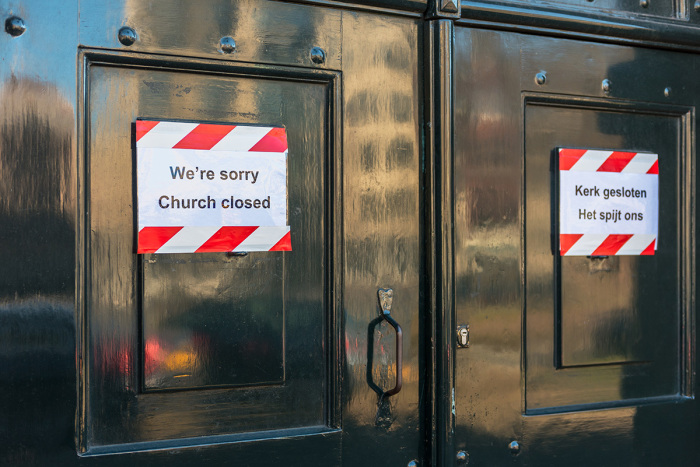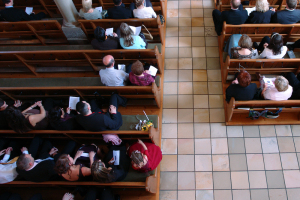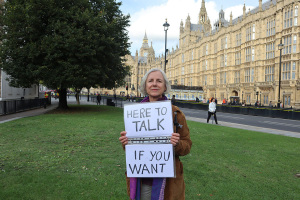Supreme Court rejects Colo. church’s challenge to state lockdown measures

The United States Supreme Court has rejected a request from a Colorado church that wanted to be protected from future pandemic-related restrictions on its worship gatherings.
In an orders list released Tuesday morning, the high court denied a petition of certiorari in the case of Grace Bible Fellowship et al. v. Jared Polis, governor of Colorado, et al.
The refusal to hear the case leaves in place an appeals court panel ruling from earlier this year in favor of Polis.
During the COVID-19 pandemic, several states faced legal complaints over their ongoing lockdown measures, which many argued unfairly imposed greater restrictions on houses of worship as some secular establishments were allowed to remain open.
In 2020, Grace Fellowship of Brighton — then known as Community Baptist Church — and Denver Bible Church were able to get an injunction preventing the state from imposing some lockdown measures that were affecting churches.
Grace Bible Fellowship later filed an amended complaint over the Colorado Disaster Emergency Act, which they believed could be used to impose future unconstitutional gathering restrictions on them.
Over the course of the litigation, Colorado lifted its pandemic restrictions, leading U.S. District Judge Daniel D. Domenico to conclude in March 2023 that the church lacked a case.
Domenico labeled the church’s claims about future government repression over the coronavirus “not plausible,” though he also expressed some concern about state public health laws.
“The presence on the State's books of statutes that grant broad authority to the Governor and state bureaucrats to order extraordinary limits on the freedoms of its citizens in an emergency is worth pondering,” wrote Domenico, as quoted by Colorado Politics.
“That these statutes have been used in the recent past to adopt public-health orders that likely discriminated against religious activity is troubling. That the State at one point argued that the federal courts owe near-total deference to its determinations as to what extraordinary measures are warranted, and what counts as emergency that justifies such measures, is even more so.”
In March, a three-judge panel of the U.S. Court of Appeals for the 10th Circuit ruled against the church, arguing that “plaintiffs fail to demonstrate the injury required for constitutional standing as to most of their claims” while one of their claims was moot.
Circuit Judge Nancy Moritz authored the unanimous panel opinion, concluding that the church’s “newly asserted claims are not justiciable because plaintiffs fail to show the requisite injury for Article III standing.”
“As for plaintiffs’ reasserted free-exercise challenges to the CDEA, their as-applied claim is moot, and they fail to state a facial claim. We thus affirm the district court’s order dismissing plaintiffs’ amended complaint,” Moritz ruled.





























